The music industry has changed a lot in recent years in terms of revenue generation. The music artists find new ways to generate income beyond album sales and concerts.
Today’s musicians can earn through streaming royalties, merchandise sales, social media monetization, sync licensing, and teaching music lessons online. As of 2025, Jay-Z is the richest musician today with a net worth of over 2 billion dollars.
This article will explore all the ways a singer makes money in today’s music world.
How Much Do Music Artists Make In 2025?
Musicians in 2025 earn anywhere from $15,000 to millions annually, depending on their level of success and income sources.
Here’s a breakdown of average earnings by artist type:
| Artist Type | Annual Earnings Range |
|---|---|
| Beginner Artist | $15,000 – $30,000 |
| Developing Artist | $30,000 – $75,000 |
| Mid-Level Artist | $75,000 – $200,000 |
| Established Artist | $200,000 – $1 million |
| Top-Tier Artist | $1 million – $100 million+ |
Source: Exploding Topics
According to IFPI data, music streaming now generates $19.3 billion annually and accounts for 67% of global music industry revenue. This digital shift has created new earning potential for artists.
Independent musicians keep 100% of their streaming royalties, while label-signed artists receive smaller percentages but benefit from promotional support. With streaming platforms paying between $0.003 to $0.008 per stream, independent artists need millions of streams to earn substantial income.
The industry continues to evolve as 120,000 new songs are uploaded daily, making it both competitive and full of opportunities for musicians to earn money through various channels.
How To Make Money As A Musician? (Primary Sources)
Musicians today have multiple revenue streams, including streaming royalties, live performances, merchandise sales, teaching, and licensing deals.
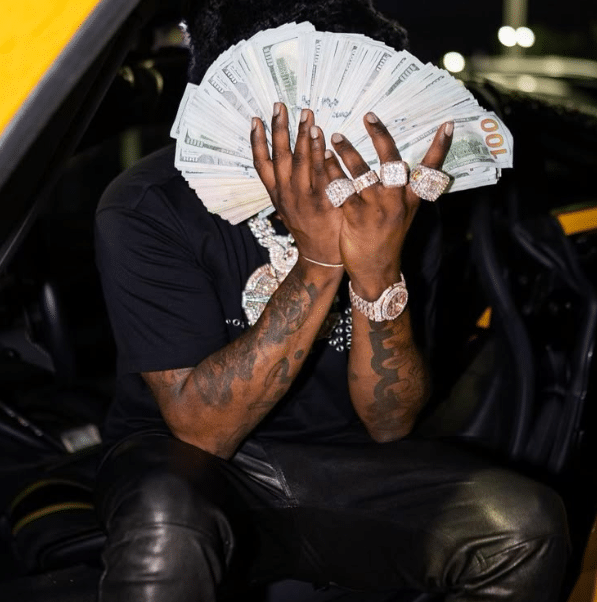
Even European Music Festivals offer great earning potential for performers. Let’s explore these primary income sources in detail.
1. Music Sales and Streaming Royalties
As per Statista, Digital downloads generate one-time payments while streaming provides ongoing royalties, with Spotify paying $0.003-$0.005 per stream. Artists need around 250,000 streams monthly to earn $1,000.
Apple Music and Amazon Music pay higher rates, ranging from $0.006 to $0.008 per stream. While streaming income requires millions of plays to generate substantial earnings, it offers the potential for passive income. The downside is low per-stream rates, but the advantage is global reach and continuous revenue.
2. Live Performances and Touring
Live shows remain a primary source of income for musicians. According to Reddit discussions, touring musicians earn $100-$500 per local gig and up to $8,000 for corporate events.
Major tours like the BLACKPINK World Tour generate millions in ticket sales. Successful bands can earn over $ 300,000 annually from 120 shows. Touring the shows is where most musicians generate passive income. Festival performances also provide significant income, especially for established artists.
3. Merchandise Sales
Musicians boost their income by selling branded merchandise, including T-shirts, posters, vinyl records, and accessories. Artists typically earn a good profit per item sold at concerts or through online stores.
Merchandise sales can contribute 15-30% of a musician’s total income, especially during tours when fans are eager to buy memorabilia. Many successful independent artists report that merchandise often generates more money than streaming royalties.
How Do Artists Make Money? (Additional Revenue)
Beyond traditional income sources, musicians today explore diverse revenue streams to build sustainable careers. A major artist’s band can generate millions through tours like the Coldplay Tour.
Let’s explore these additional ways music artists get paid.
1. Crowdfunding and Fan Subscriptions
Musicians use platforms like Patreon, Kickstarter, Bandcamp, and FourthWall to receive direct fan support. These services enable artists to offer monthly subscription tiers, where fans pay recurring fees for exclusive content or early access to music.
This model helps musicians establish predictable income while building stronger connections with their audience. Some artists earn thousands monthly through dedicated supporter communities.
2. Teaching Music and Offering Lessons
Many musicians supplement their income by teaching music lessons online or in person. Artists create courses on platforms like Udemy or Skillshare, sharing their expertise in instruments, songwriting, or production.
According to Quora discussions, established musicians can earn $50-100 per hour for private lessons. This teaching income provides a steady cash flow while allowing artists to pass on their knowledge to aspiring musicians.
3. Affiliate Marketing and Brand Sponsorships
Musicians earn additional money through affiliate marketing by promoting music gear, instruments, or software they personally use. Artists partner with lifestyle brands for sponsored content on social media.
These partnerships can range from promoting guitar strings to collaborating with clothing brands, providing musicians with income while maintaining authenticity with their audience.
4. YouTube and Content Creation
YouTube offers musicians multiple ways to make money, including ad revenue, Super Chats during live streams, and channel memberships. Artists monetize music videos, behind-the-scenes content, and tutorials.
For fans searching for the Justin Bieber tour, he has not announced his next tour yet, but his YouTube presence generates significant revenue. Successful music channels earn thousands monthly through consistent content creation and audience engagement.
How Do Musicians Get Paid?
Musicians earn money through multiple revenue streams in today’s music industry. Here are the major payment methods:
- Streaming Royalties: Artists earn from platforms like Spotify and Apple Music
- Live Performances: Concert tickets, festivals, and touring income
- Mechanical Royalties: Payments from recorded songs and digital downloads
- Performance Royalties: Earnings when music plays publicly (radio, venues)
- Merchandise Sales: Band T-shirts, posters, and branded items
- Music Publishing: Licensing music for media use
- Sync Deals: Songs featured in TV, films, commercials
- Teaching: Music lessons and workshops
Challenges Musicians Face When Making Money
Musicians face numerous financial challenges while building their careers, including inconsistent income streams and intense competition in the saturated music industry.
Here are the challenges musicians face:
- Low streaming payouts: Musicians earn fractions of a cent per stream, requiring millions for substantial income
- Inconsistent gig income: Concert bookings fluctuate seasonally, leaving musicians with unpredictable monthly earnings
- High production costs: Recording, mixing, and marketing quality music demands significant upfront investment
- Market saturation: With 120,000 new songs daily, standing out requires extensive marketing resources
- Delayed royalty payments: Artists wait months or years for royalties from various sources
Conclusion: Musicians Make $50K on Average Annually
Most musicians earn between $15,000 to $50,000 annually. The income can vary based on career stage and revenue sources.
While superstars earn millions, independent artists typically combine streaming royalties, live performances, merchandise sales, and teaching to create sustainable careers.
Artists who master marketing, maintain consistent output, and engage their audience can achieve financial stability. If you are planning to start building your music career, it’s best to explore multiple revenue streams and connect with your audience across platforms.
FAQs
Independent musicians typically earn $15,000-$100,000 annually, depending on their audience size, merchandise sales, touring frequency, and streaming numbers across various digital platforms.
Small, engaged audiences can generate sustainable income through direct fan support, merchandise sales, and intimate performances, proving massive followings aren’t essential for success.
Live performances and merchandise sales often generate the highest returns for new artists, as they provide immediate income and deeper fan connections.
Independent artists can earn a full-time income through multiple revenue streams, including streaming, touring, merchandise sales, teaching, and direct fan support, all without the need for label contracts.
Musicians should track all income and expenses, save for quarterly tax payments, consider forming business entities, and work with accountants familiar with entertainment industry finances.
Artists earn performance royalties when their songs are played on the radio, TV, or in public venues, while streaming platforms pay per play, although rates vary significantly.
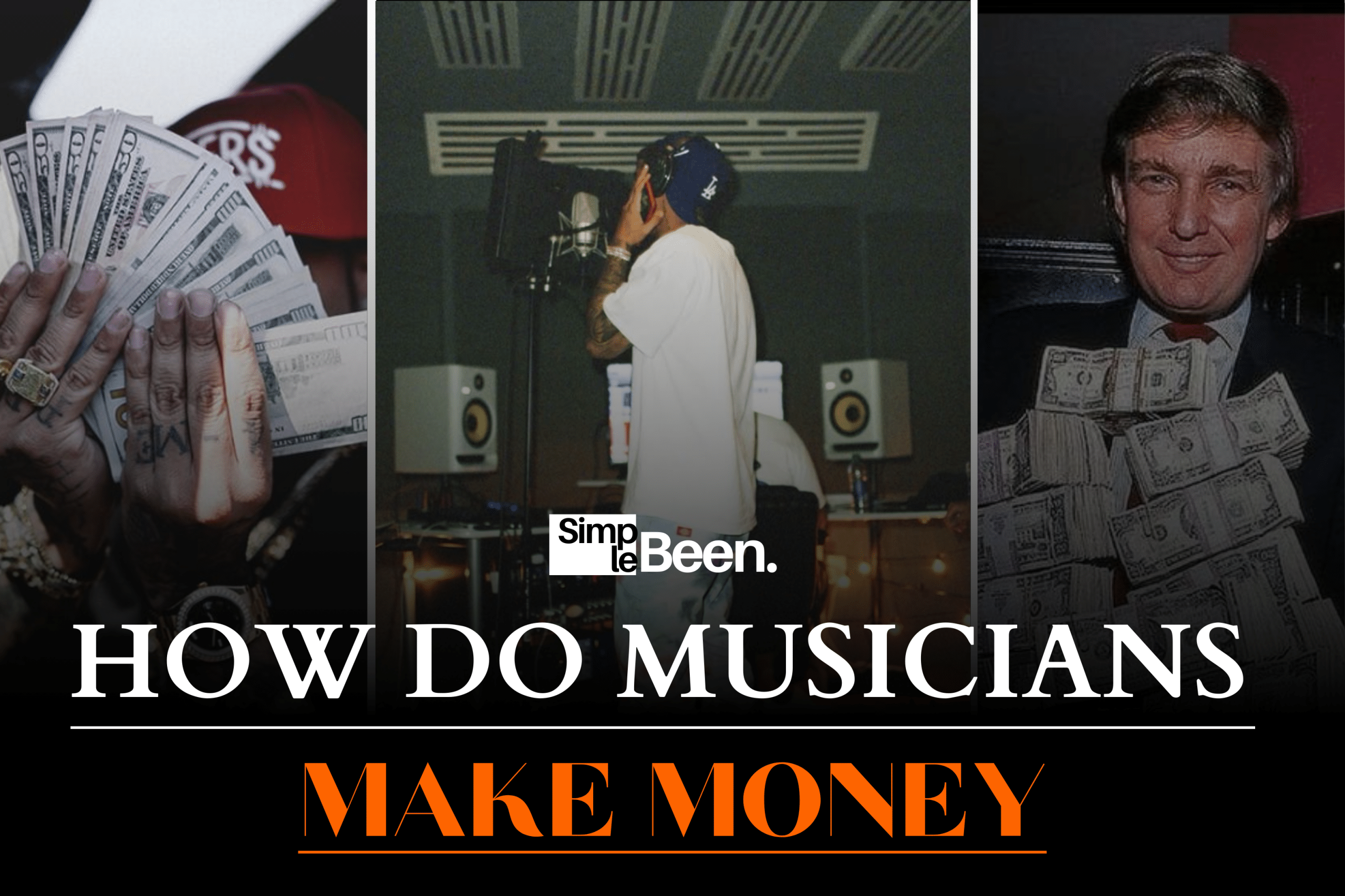
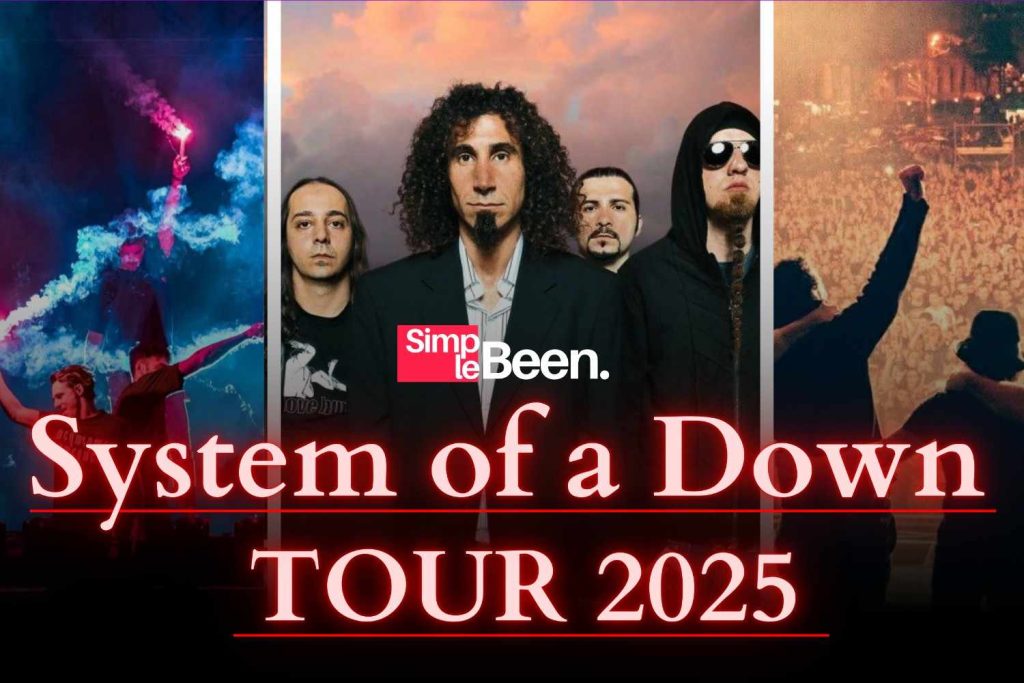

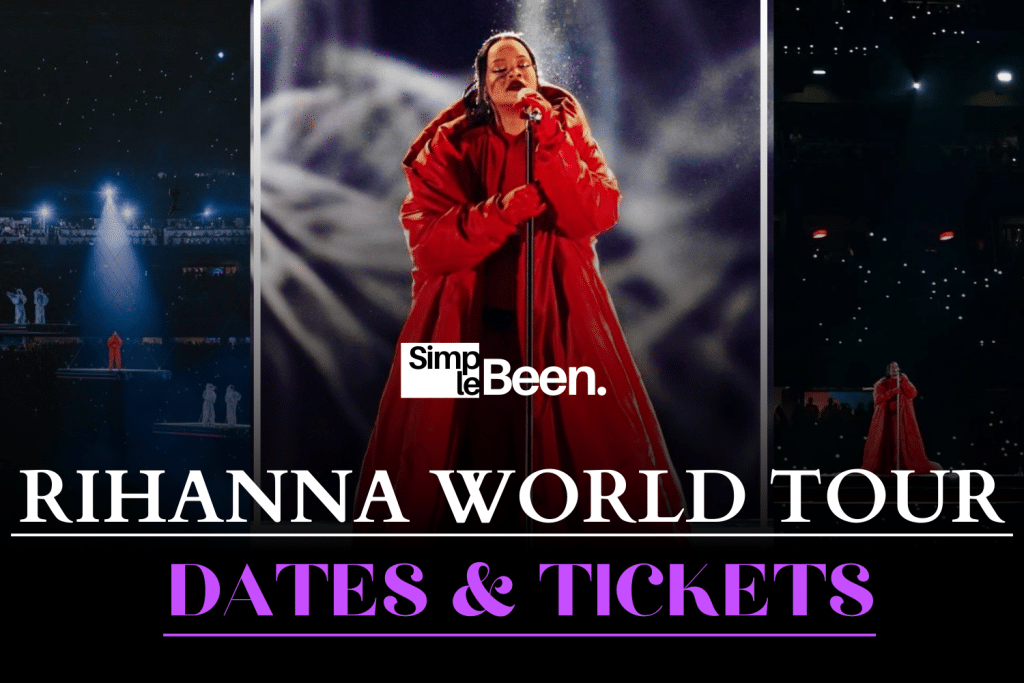




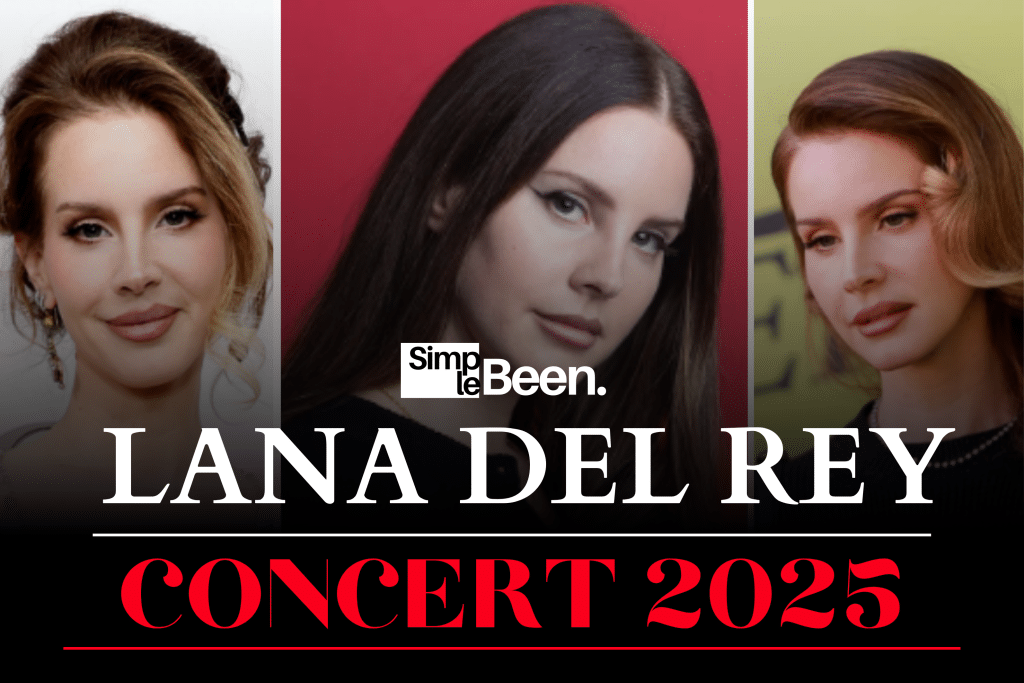

Leave a Comment